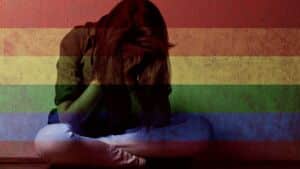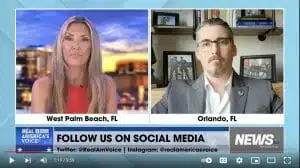LGBTQ Minors
The Problem
Acceptance is one facet of life that impacts minors in America every day. Gaining acceptance at home is a lifelong battle for some. Family rejection based on sexual orientation or gender identity can have extreme effects on LGBTQ minors. Some studies indicate that gay and lesbian minors who report high level of family rejections were 9 times more likely to attempt suicide, 6 times more likely to report depression, and 4 times as likely to use drugs and participate in other illegal activities. These numbers are compared to peers that reported little or low levels of family rejection. As a result of family rejection and peer discrimination, LGBTQ minors represent as much as 40% of the endangered runaway minors’ population.
New reports show that LGBTQ young adults had a 120% higher risk of reporting homelessness compared to minors who identified as heterosexual. The report also found that 1 in 30 minors ages 13-17 experienced a form of homelessness that lasted for more than a year. When minors flee home, there is often little plan other than to escape the immediate stress at home. This leads to homelessness and critical endangerment for the runaway minors. The dangers of homelessness, particularly for LGBTQ minors, are expansive and can be damaging for years to come. Homelessness is harmful to mental and physical health and often leads to sexual abuse, exploitation, and discrimination. Homeless minors have lower levels of educational attainment, which further damages the minors when looking for a future.
How F3MCIA is Helping
Sadly, many LGBTQ homeless and runaway minors have sought assistance from law enforcement and child welfare systems, but often to no avail due to current bureaucratic legalities. In some cases, endangered LGBTQ minors are turned away and forced to return to the abusive and unsafe environments. A 2006 study found that 65% of 400 homeless LGBTQ minors reported having been in a child welfare placement in the past. The large number of homeless LGBTQ minors in part reflects that the child welfare system is failing.
F3MCIA is dedicated to protecting all minors, especially those who are considered high risk such as LGBTQ+ minors. F3 is committed to helping locate LGBTQ minors who have gone missing, and once found helping them access the proper community services and mentorship. We stand for them if they encounter negative biases and discrimination in their recovery and placement. At F3, we are always working within the community to distribute awareness and resources to local law enforcement and child outreach services.




